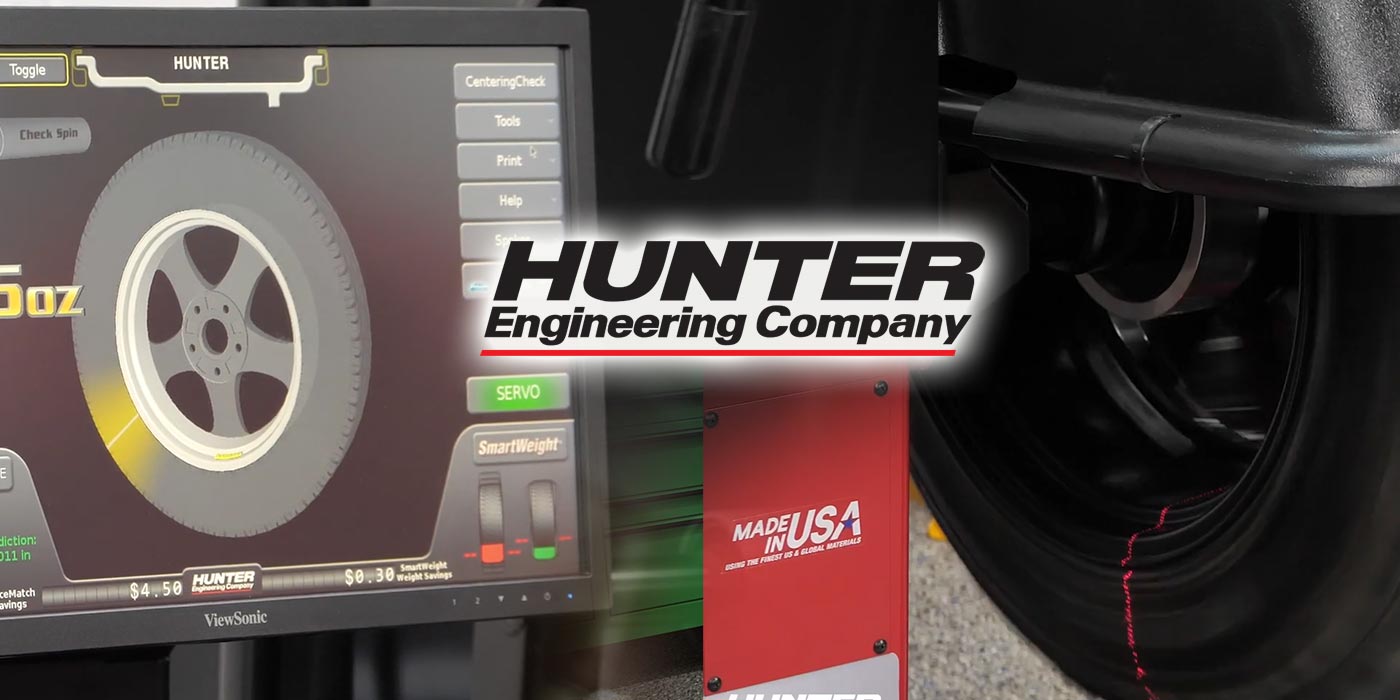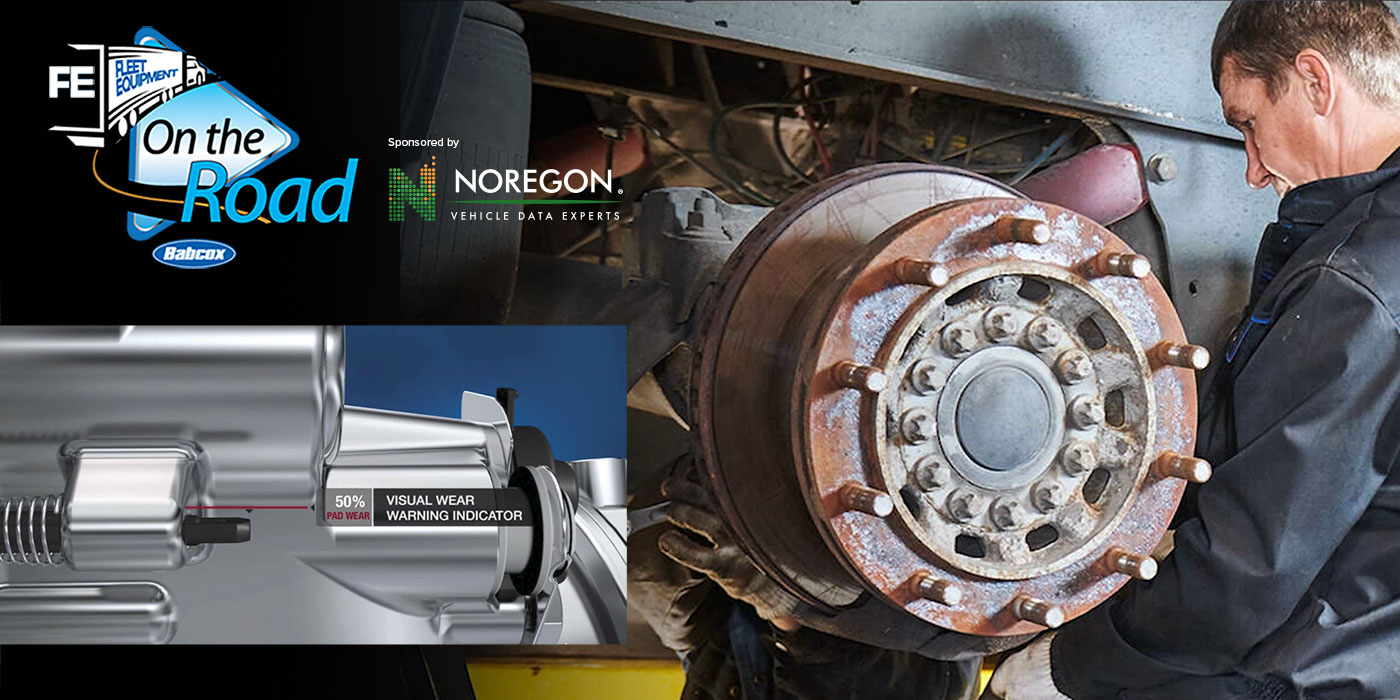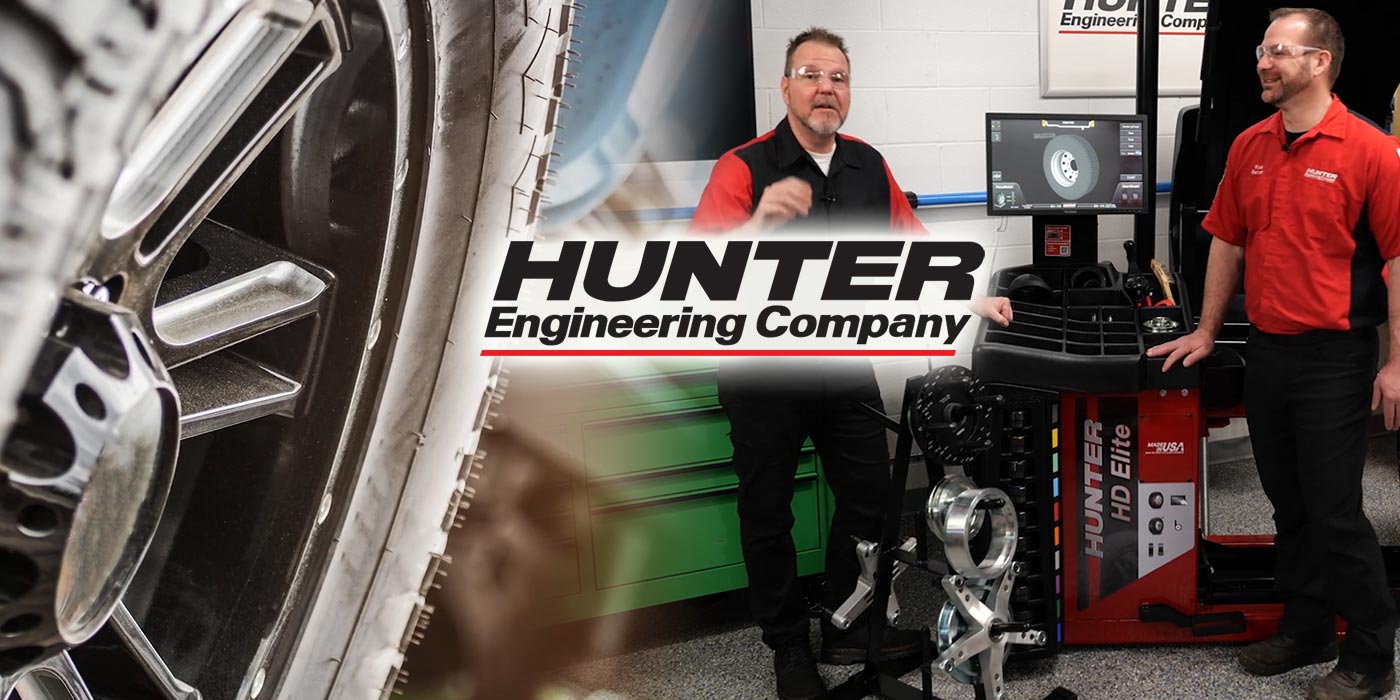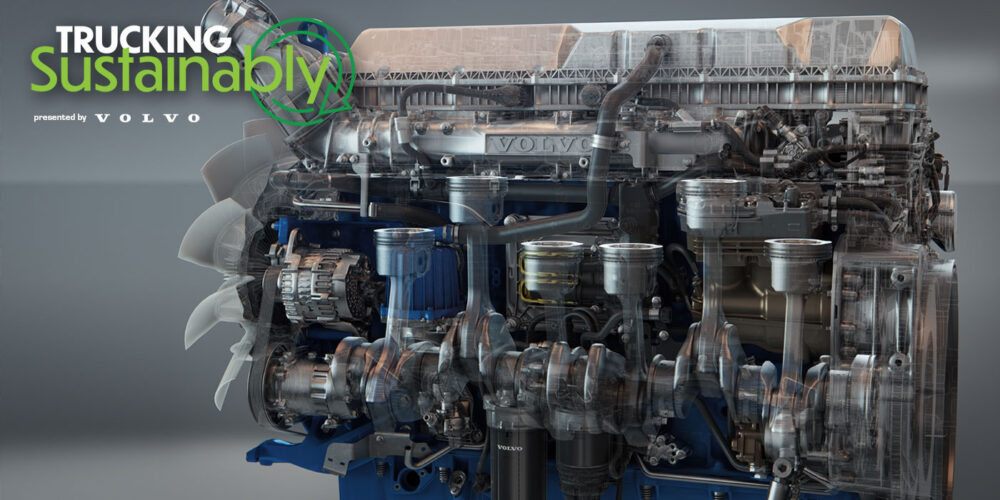Range! When you talk about electric trucks, the topic of range is going to come up about every time, it just is. It’s a major concern, and it makes sense. Range is a big deal and you have big dollars on the line. And if you were limited purely by the capacity of the electric truck’s battery, there’s a good chance that would be a problem.
Click here to watch more of FE’s On the Road video series.
Luckily, fleets running EVs don’t have to rely on solely draining a single charge worth from the battery when it comes to range, because there’s also regenerative braking, to actively recharge the battery.
Regenerative braking isn’t a component like a friction brake pad, and, actually, it’s found in passenger car EVs too. Rather, it’s the result of a coordinated system approach between the brake controller and the powertrain either to recapture energy or utilize friction brakes. Regen braking can be used to coordinate deceleration allocation between the brake system and the powertrain system.
Now, just like many aspects of an electric truck, electronic control makes all the magic happen here.
The EBS integrates the energy recuperation in the brake management, so when the driver presses the brake or a driver assistance system demands the vehicle decelerates, the brake system demands the slowing capabilities of the electrical drive before activating wear-free braking, and finally friction braking.
It’s important to note that the regen braking function, from the driver’s point of view, is seamless. The operation of the vehicle doesn’t change, but the way in which the braking system engages does.
Rather than utilizing the foundation brakes to stop or slow or maintain the vehicle speed, and losing that energy to heat, the powertrain applies a negative torque to absorb the energy and recharge the battery. Experts say that there is a significant integration effort to assure seamless functionality between the powertrain-provided regenerative braking and the foundation brakes, to maximize the energy recovery while continuing to provide excellent drivability
So, what does all really mean? What is the truck really getting back?
Well, admittedly it’s difficult to say, so I’m going to need to make some assumptions about the equipment and application. Also, keep in mind that the power captured in a regen braking event depends in large part on the electric powertrain design and the degree to which that system is used in braking events. There are also mechanical and electrical losses that just can’t be avoided, and these are going to reduce the energy that can be recuperated and stored to the battery.
All that said, for a 40-ton vehicle running a standard regional delivery cycle, an extended range of about 20% isn’t out of the question. And 20% is a big deal when it comes to range.













